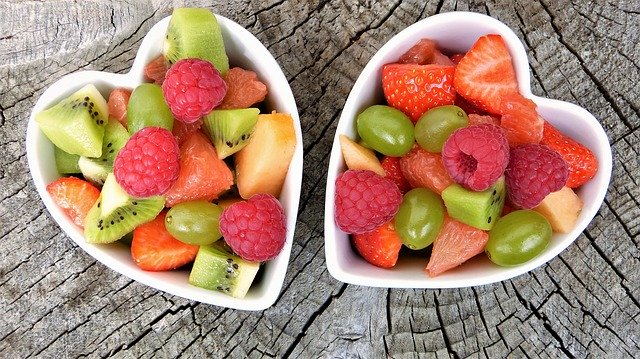Due to unforeseen circumstances, and complications, Caesarean, or C-section deliveries have become common nowadays. This type of delivery can be taxing for a woman on mental and physical levels. It requires that you take good care to recover from this surgery.
Proper food and ample rest are the two most important things that can help you recover from the mental and physical stress associated with C-section delivery method. Let us see what should be your ideal diet after Caesarean delivery.
What is the role of Nutrition post C-section delivery?
The food that mother eats after giving birth to the baby holds vital significance as it determines the rate at which she will recover from the surgery, and the quality of nutrition that she will provide to her baby. The health of the baby depends on the breast milk for the initial and critical months of his development.
It is very essential that mother gets proper diet at this phase. The right nutrition will boost healing of her body especially the uterus, and abdominal wall that gets damaged during the C-section. A good diet also aids in digestion and regularizes bowel movements in the body.
What Type Of Diet Should You Follow After Your C Section Delivery?
Protein: Eat foods that have high amounts of protein, iron, and vitamin C in it. Protein aids in repairing damaged muscle fibers and tissues and synthesize new ones. It also helps mother to retain her muscle power. Foods that are rich in protein are fish, meats, eggs, lentils, pumpkin seeds, dairy items, foods, nuts, chicken, peas, and dried beans.
Vitamins: Vitamins are powerful antioxidants and aids in synthesis of collagen, repairing scars, and tissues, and building new skin, and ligaments.
Vitamin C is important to strengthen immunity, fight against infection and heals the body. Include some of the foods that have high amounts of vitamin C as grapefruits, oranges, melons, papayas, and strawberries. Some of the best sources of Vitamin A are sweet potatoes, spinach, fenugreek leaves, cantaloupes, broccoli, greens, papayas, carrots, cod liver oil etc.
Calcium: Calcium is another vital nutrient that strengthens your teeth, and bones. It relaxes the muscles, as well as prevents of osteoporosis. As the mother breastfeeds her baby, she needs a good dose of around 250mg to 350 mg of calcium on a daily basis. Some of the best sources of calcium are leafy greens, skimmed milk, low-fat yogurt, cheese, sesame seeds, dried peas, beans, and cashews.
Iron: Iron helps in efficient blood circulation, and boosts hemoglobin, and immune system in the body. Some of the iron rich foods to include in diet are red meats, dried fruits, iron fortified cereals, jaggery, leafy greens, dried beans.
Water: In addition to nutrition, water is also very essential. Water performs several different types of utility functions as: it prevents constipation, and dehydration, and help in formation of breast milk. Drinking eight to ten glasses of water per day in the form of water, coconut water, low-fat milk, low fat soups, un-sweetened fruit juices, butter milk, calcium fortified juice or low-fat yogurt will help you remain adequately hydrated throughout the day.
Carbohydrates: In addition to above nutrients, you need to include vital energy source “Carbohydrates” in your diet. It helps to maintain the adequate levels of energy and improve production of breast milk in the body. Whole grain foods like brown bread, pasta, brown rice, whole wheat, bran cereal, and fiber rich foods are best sources to get this nutrient.
These foods will regularize your bowel movements, and bladder function. Some of the best examples of fiber rich foods are raw and fresh vegetables, and fruits, oats, almonds, and multigrain breads that have high amount of roughage in it.
What you should not eat?
- You should refrain from spicy food, carbonated drinks, and citrus juices as it can lead to gastric trouble.
- Cut down on caffeinated drinks, and alcohol as it can impair development of baby.
- Heavy foods should be avoided till forty days from the date of delivery. Some of these foods are chole, dry peas, urad dal, rajma, chawali, besan, chana, green peas, pickles, and vegetables such as cabbage, cauliflower, broccoli, onions, and bhindi.
- Uncooked, cold foods, fermented, junk and fried foods should be avoided.
- Also avoid rice, and ghee for the initial four to five days after a C- section.
Conclusion
C-section delivery can be very challenging, and difficult for every woman. It is very critical phase for a woman to recuperate from surgery and keep her and her baby healthy. A good, and nutritious diet can boost the healing procedure. It will provide the much-required energy to deal with this struggling phase and recover soon. Keeping up the same healthy eating habits and lifestyle that you developed during pregnancy will help you regain your health soon.

